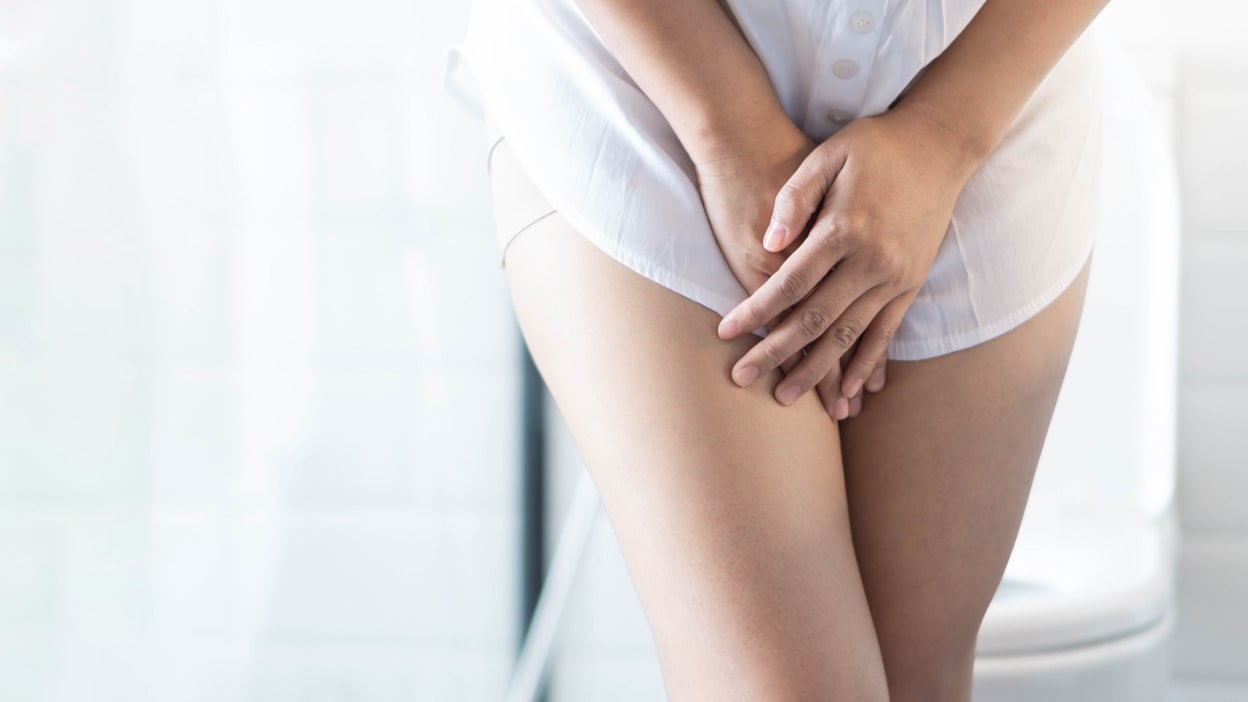UTI Symptoms and Treatment
UTI Symptoms and Treatment
Burning pain and the strong urge to urinate? You may have a urinary tract infection (UTI)
What is a UTI?
You experience a UTI when your urinary tract, including the bladder, becomes inflamed from the growth and proliferation of abnormal bacteria. The inflammation increases the risk of a swollen bladder, putting tension on the urethra and decreasing the bladder muscle’s ability to stretch, which results in increasing urination urges.
What causes a UTI?
Many women will deal with a UTI at some point in their life for a variety of reasons. It’s important to know lifestyle and health conditions that may increase your risk for infection or reduce your ability to fight infections.
Some common causes of UTI’s include:
- Holding in urine over a long period of time
- Sexual activity
- A suppressed immune system
- Menopause, due to a decrease in estrogen
- Certain types of birth control, such as diaphragms and spermicides
UTI Symptoms & Treatment:
UTIs can be very uncomfortable and even painful. One of the most common symptoms of a UTI is the increased urge to urinate, followed by burning with urination.
UTI symptoms include:
- Abdominal pain or cramping, especially while urinating
- Burning or stinging while urinating
- Urges to urinate, even if the bladder is nearly empty
- Cloudy or bloody urine
- Nausea, vomiting and fever
- Low back pain around the kidneys
- Weak bladder, causing leaking urine
UTIs can lead to bladder weakness and potentially bladder leaks, which is why I recommend Poise® Ultra Thin Pads with Wings to absorb bladder leaks and keep women clean, dry and fresh while recovering from a UTI.
UTI treatment varies depending on the severity of infection:
-
Simple Infection – Antibiotics are typically the first line of defense against a UTI infection. Symptoms should begin to clear up within a couple of days of the UTI treatment, but most doctors recommend taking a course of antibiotics for 3-7 days depending on the antibiotic to fully rid your body of the infection. It is important to fully complete the course your doctor prescribes. In addition to prescribed antibiotics, it’s important to also hydrate well.
-
Frequent Infections – Depending on your body and the frequency of UTI infections, you might be prescribed low-dose antibiotics to take over a longer period. Vaginal estrogen therapy is something that can help if you’re postmenopausal and find yourself fighting repeat UTIs as well. It’s important to seek medical treatment and advice from your doctor if you’re experiencing frequent UTIs.
-
Severe Infection – If the UTI infection is very severe, your doctor might advise intravenous antibiotics given to you in the hospital to prevent the infection from worsening.
-
Untreated UTIs – If symptoms persist and the infection is left untreated, you may be at risk of a kidney infection. This infection increases the risk of permanent kidney damage or scarring and can make someone very ill, requiring hospitalization for treatment. In extreme cases, a patient may be at risk of Sepsis, the body’s reaction to serious infection, where the body attacks its own organs.
Just like any infection, it’s important to remain vigilant about your health when experiencing a UTI. Watch for increased or worsening symptoms and seek medical care for necessary treatment. With the right course of treatment, a UTI can be cleared up quickly.
In my role as an OB-GYN, I hope to destigmatize the conversation surrounding UTIs, so women can seek treatment sooner to limit discomfort or serious infection. While UTIs are not always preventable, they are 100 percent treatable.
# # #
Author Summary: Dr. Staci Tanouye, MD, board-certified OB-GYN is a physician in a private practice and an expert in adolescent health, sexual health, reproductive health, and menopausal health. She has become one of the leading gynecologists on social media with the mission to educate women and all people with vulvas to love their bodies through knowledge and empowerment.
- https://www.mayoclinic.org/diseases-conditions/urinary-tract-infection/diagnosis-treatment/drc-20353453
- https://www.mayoclinic.org/diseases-conditions/urinary-tract-infection/symptoms-causes/syc-20353447#:~:text=Infection%20of%20the%20bladder%20(cystitis,sexually%20active%20to%20develop%20it
- https://www.nichd.nih.gov/health/topics/urinary/conditioninfo/causes#
Recommended Products
Absorbency Level
Absorbency Level














